A French 19th Century Charming Pair of Bronze Putti
One symbolizing Flora, bearing crown and garlands of flowers, the other one the Grape-vine.
Resting on black and “vert de mer” marble piedouche and octagonal bases
Circa 1880
Both signed A.Vetu
H 38 cm L 16 cm P 16 cm
Born in Jupiter’s thigh, Bacchus enjoys, in Roman mythology, divine powers associated with wine and feast.
An emblematic figure of the good life, Bacchus is characterized by the epicurism of its cele-brations. To the discovery of this divinity, in the sense of the festival exacerbated!
Bacchus, a half-God fruit of a forbidden union
The divine destiny of Bacchus begins at the moment of its conception. Jupiter falls under the spell of the seductive mortal princess, Semélé. She soon fell pregnant with the god of the gods. A situation that greatly displeases the goddess Juno, the official wife of Jupiter. Guid-ed by her jealousy, she arouses in Sémélé the desire to see Jupiter in its divine form. A lethal posture for the no-gods, dazzled by divine power.
Jupiter, having promised the princess to grant her wishes, presents himself, constrained, to her lover, under his divine identity. Semius was immediately struck by lightning. Jupiter gathered the fruit of their love from the inanimate body of her lover in his thigh. Juno will not be able to kill their child.
Once he has won, he taught the Indians to cultivate the vineyard. From then on, he was considered to be the divinity of wine. Particularly fond of parties, he enjoyed the orgies and banquets that took place in his name. He also severely condemned those who refused to pay tribute to him. Minyas' daughters paid the price. They were turned into bats after refusing to join the orgies. Bacchus was regarded as the god of the vine, wine and feast, but he was al-so regarded as the divinity of vegetation and dance.



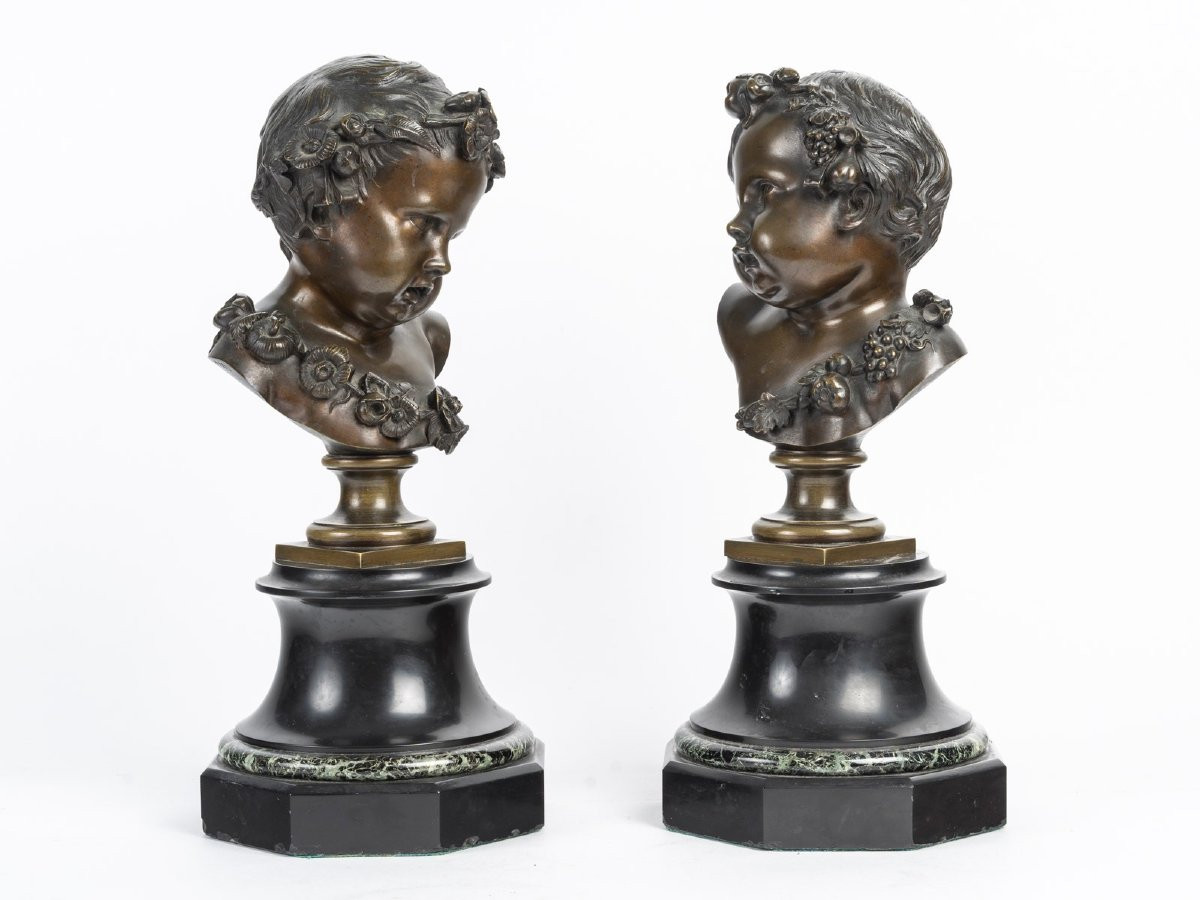
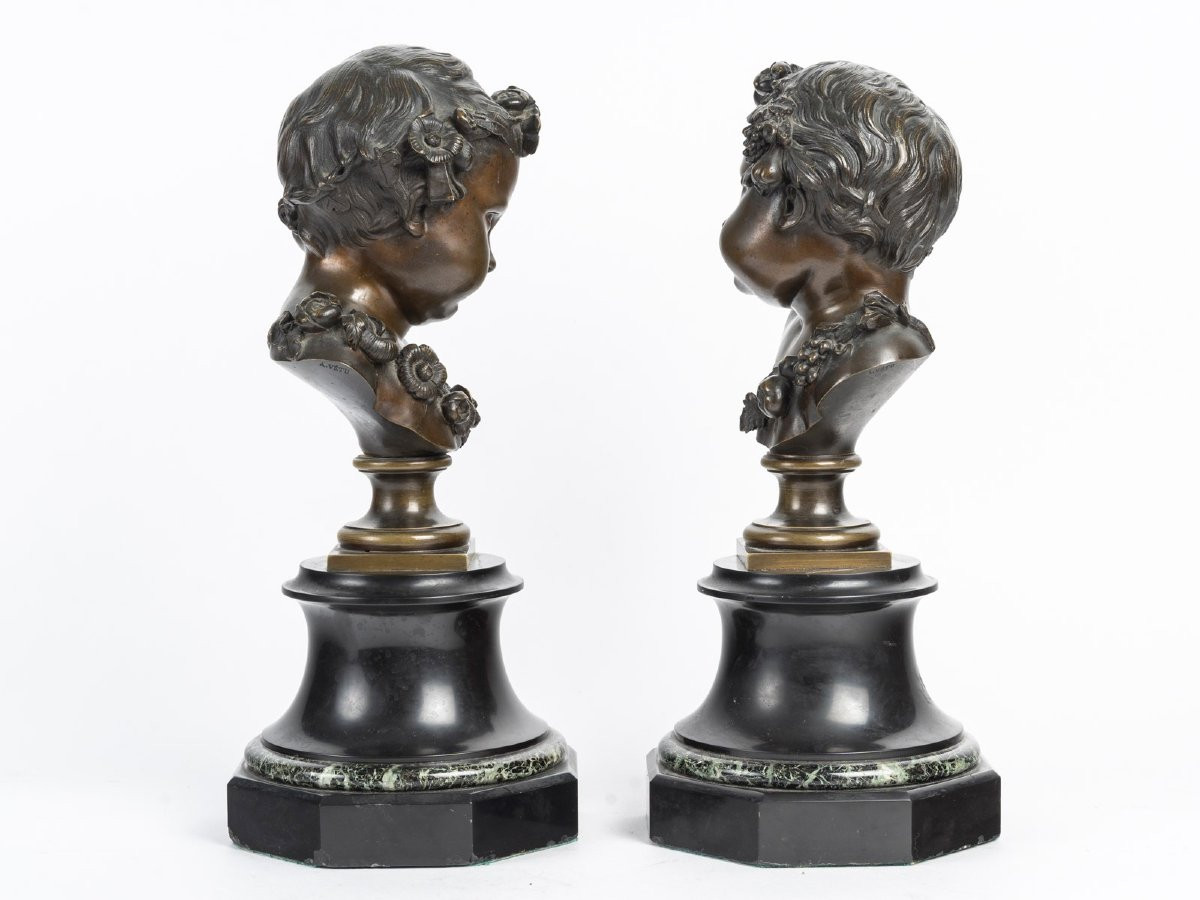
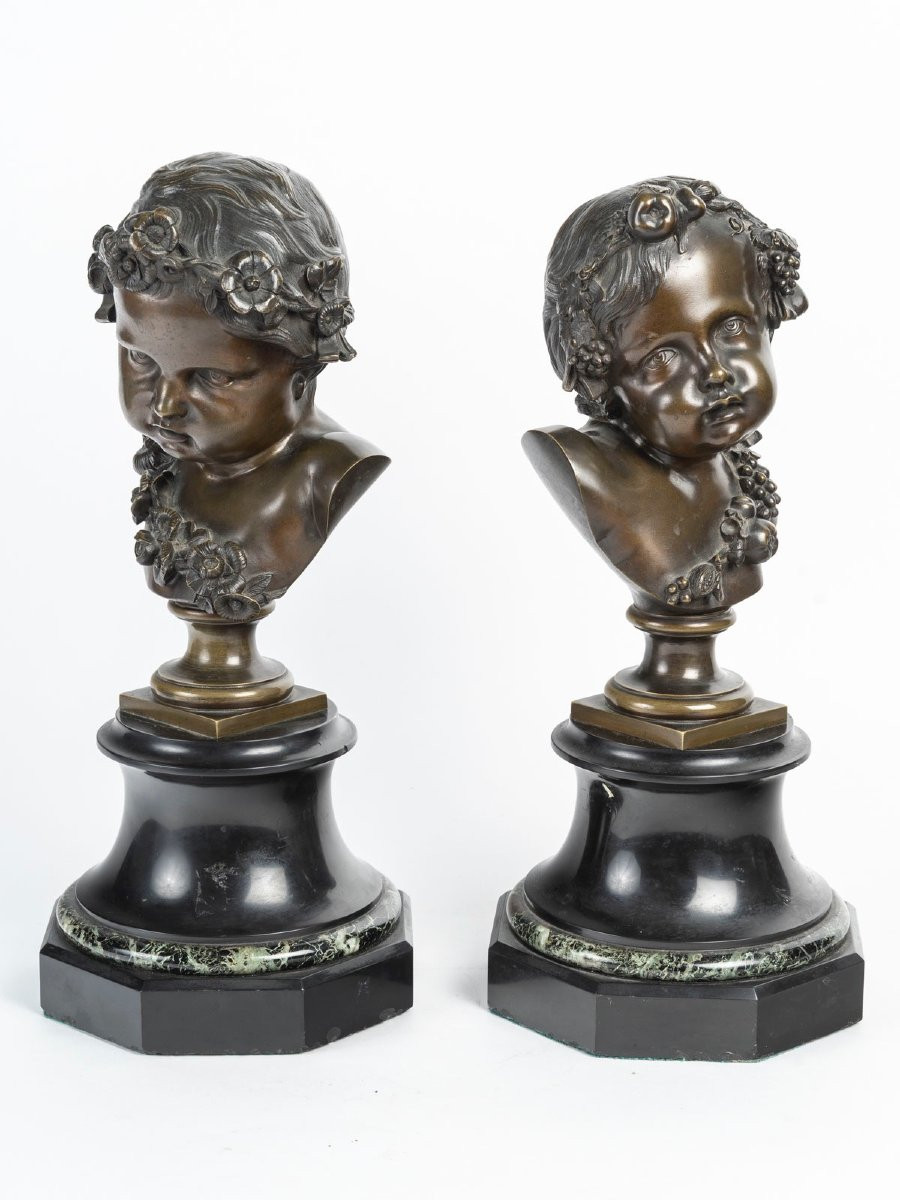

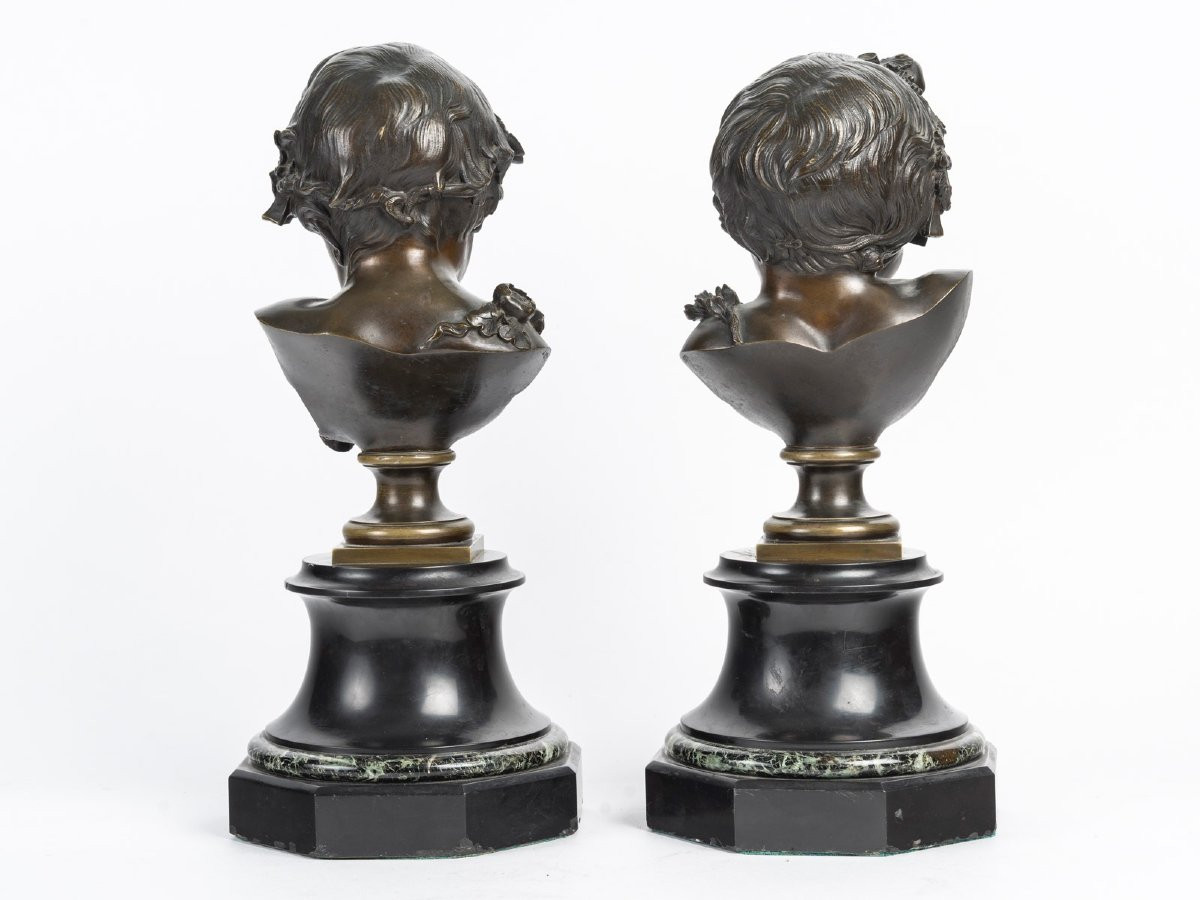

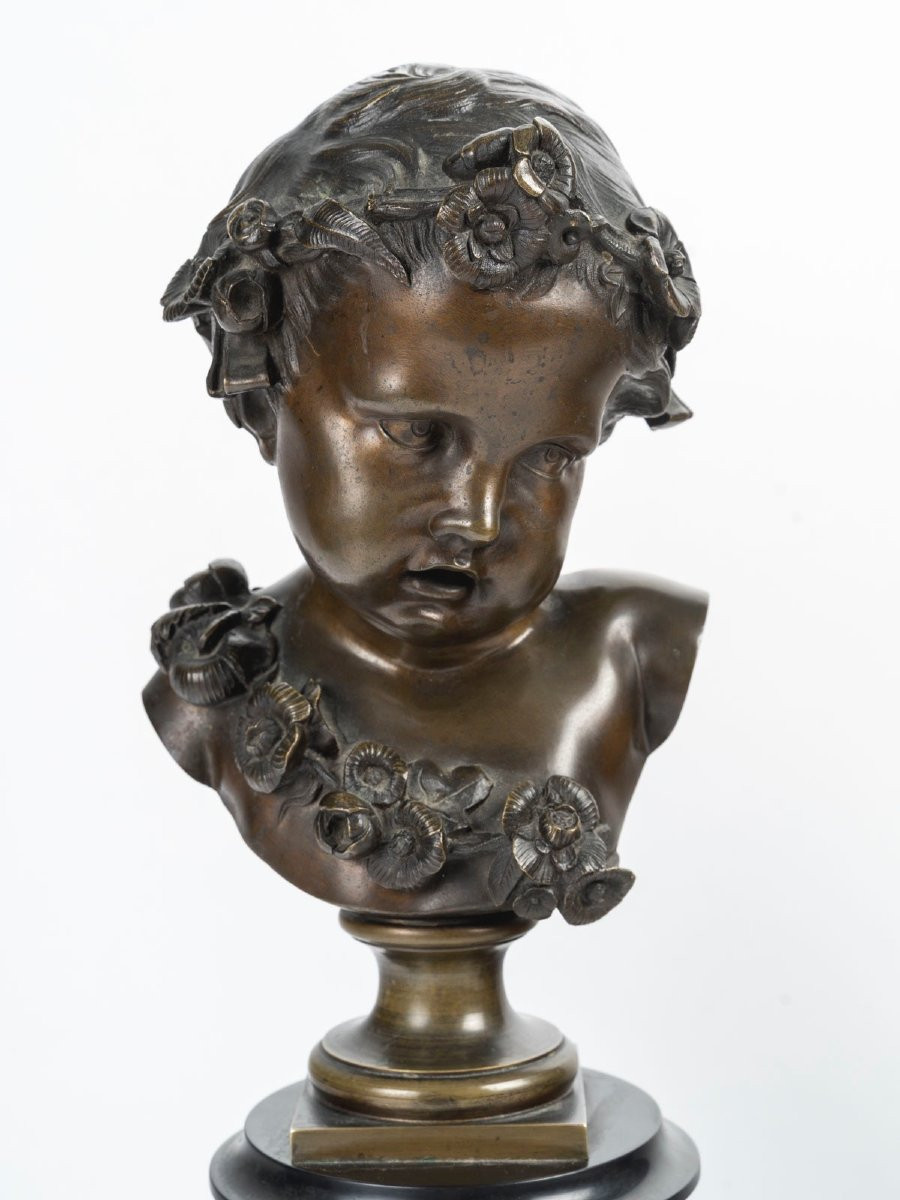
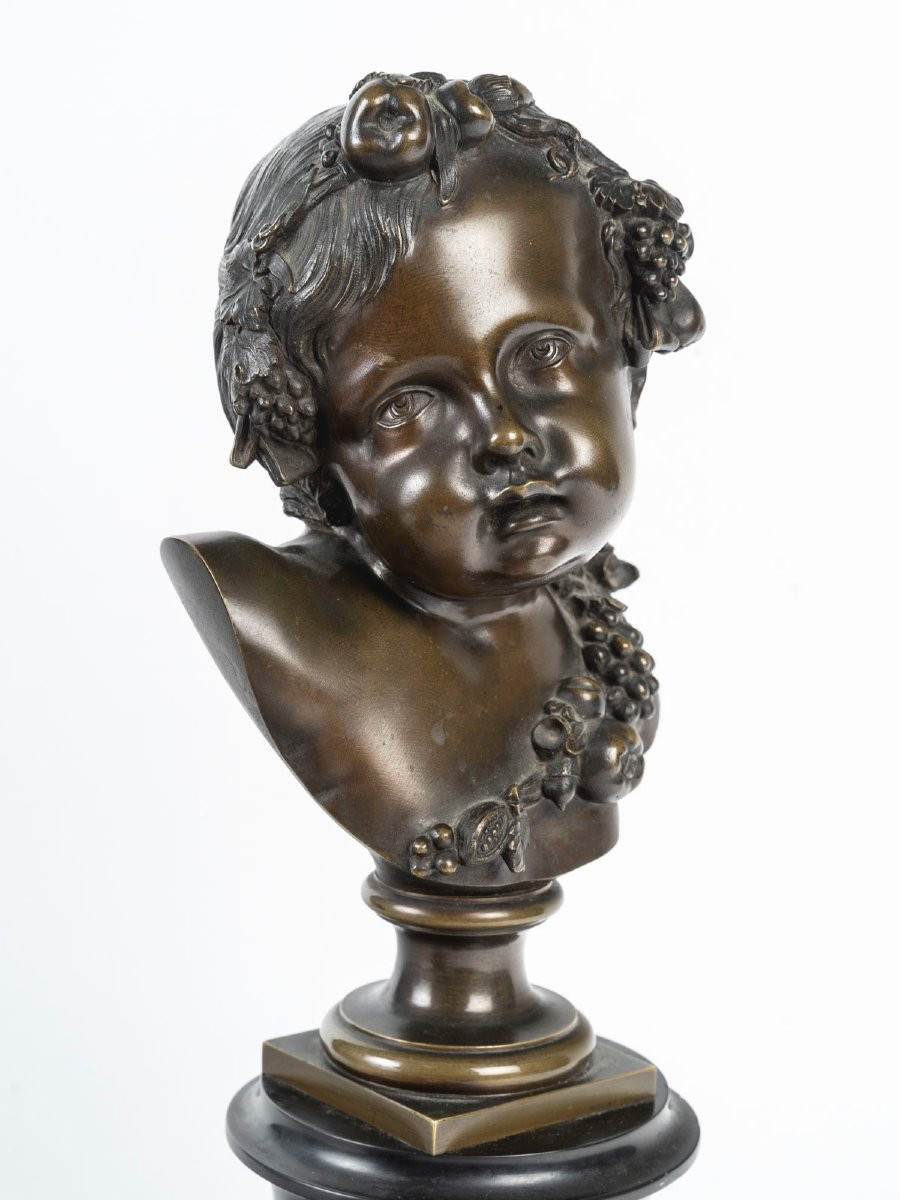

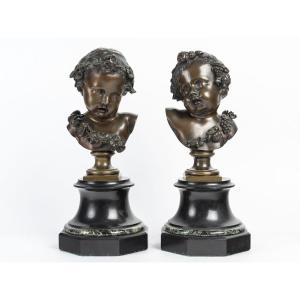











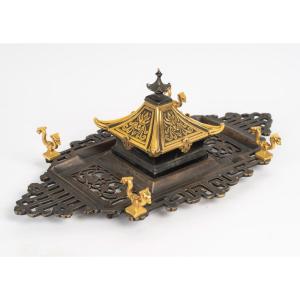

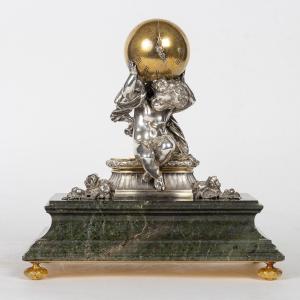


















 Le Magazine de PROANTIC
Le Magazine de PROANTIC TRÉSORS Magazine
TRÉSORS Magazine Rivista Artiquariato
Rivista Artiquariato